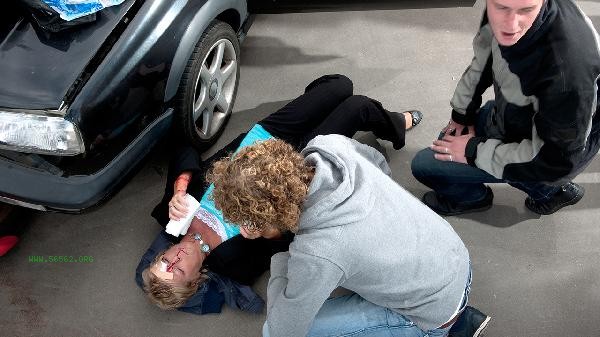Poor memory after a car accident can usually be restored, and the specific degree of recovery depends on factors such as the severity of brain injury and rehabilitation measures. The main recovery methods include nutritional support, cognitive training, psychological intervention, medication treatment, physical therapy, etc.

1. Nutritional Support
Adequate high-quality protein and Omega-3 fatty acids can help with nerve repair, and moderate intake of foods such as deep-sea fish and nuts is recommended. Vitamin B family has a regulatory effect on nerve conduction function, and whole grains and green leafy vegetables are good sources. It is necessary to avoid a high sugar and high-fat diet that exacerbates oxidative damage to brain cells.
2. Cognitive training
Targeted training such as memory card games and numerical sequence exercises can stimulate hippocampal function. It is recommended to gradually increase the difficulty from simple tasks and cooperate with positive reinforcement incentives. Computer assisted cognitive rehabilitation training can accurately adjust training intensity, but requires guidance from professionals.
3. Psychological Intervention
Post traumatic stress disorder may exacerbate memory impairment, while cognitive-behavioral therapy can improve emotional inhibition of memory. Relaxation training can lower cortisol levels and reduce damage to the memory center. Group psychotherapy can help rebuild the social functional support system.

4. Drug therapy
Ganglioside injection can promote synaptic plasticity, Olacetam capsules improve brain cell energy metabolism, and methylcobalamin tablets nourish nerves. All medications must be strictly used according to medical advice, and self adjustment of dosage or discontinuation of medication is prohibited.
5. Physical therapy
Transcranial magnetic stimulation can regulate neural network activity through electromagnetic fields, and hyperbaric oxygen therapy can increase brain tissue oxygen concentration to promote repair. These treatments need to be carried out in professional institutions and usually require multiple repetitions to show results. During the rehabilitation period, it is important to maintain a regular sleep routine and ensure 7-8 hours of sleep per day to aid in memory consolidation. Moderate aerobic exercise such as brisk walking and swimming can promote blood circulation in the brain. It is recommended to establish memory aids such as note reminders to reduce anxiety caused by forgetting. The recovery process requires patience, and most patients can achieve varying degrees of improvement through systematic intervention. Severe injuries require long-term rehabilitation training.









Comments (0)
Leave a Comment
No comments yet
Be the first to share your thoughts!